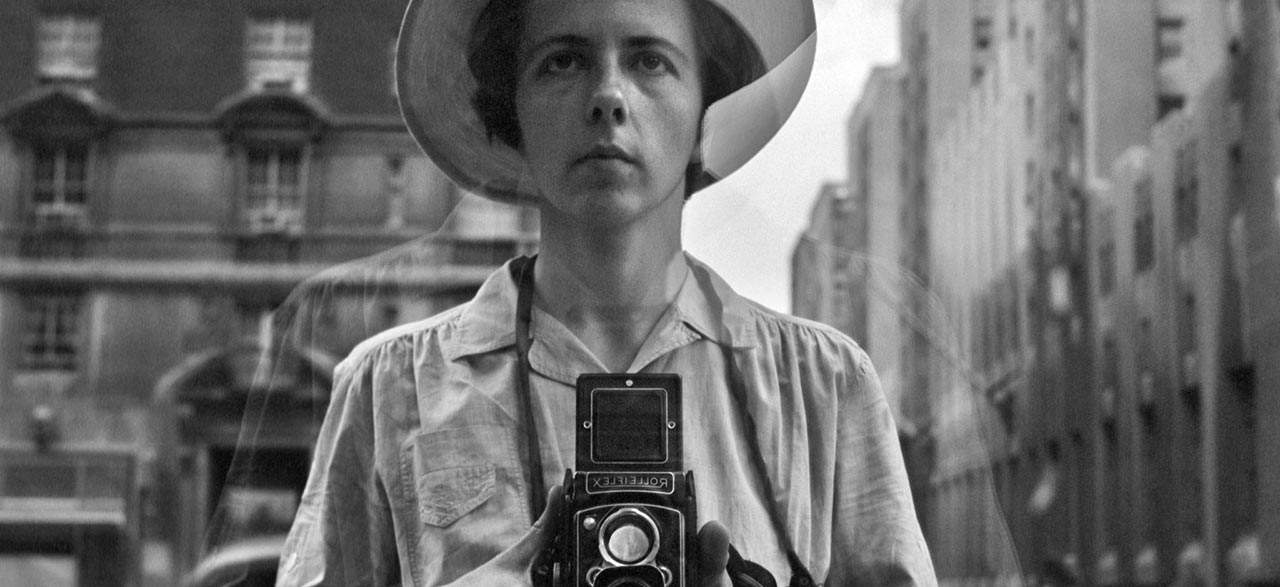Finding Vivian Maier
A filmmaker has unearthed the life of one of the world's most acclaimed street photographers, but it seems he should have let her rest in peace.
Overview
To some she was a caregiver. To others, a recluse. Now, the world knows her as an artist. Vivian Maier had a lot of faces, all of which are revealed in a problematic new documentary releasing in cinemas this week. Directed by John Maloof and Charlie Siskel, the film pulls back the curtain on the life of its titular subject, a woman who, in the years since her death, has gone from a total unknown to one of the most acclaimed street photographers in history. That's the premise of Finding Vivian Maier. The problem is that it appears she never wanted to be found.
The documentary begins in 2007, when Maloof, an author and amateur historian, was doing research for a book about Chicago. On a whim, he purchased a box of old, undeveloped photographs at an auction — photographs that just so happened to have been taken by Vivian Maier. Blown away by her talent, Maloof stuck her name into Google, only for his search to turn up a blank. So over the next few years, he continued to look, slowly uncovering more about the artist while shining an ever brighter spotlight on her work.
As it turns out, Maier spent most of her life working as a nanny. Interviews with the children she cared for, now adults, paint an eccentric portrait of a bold, opinionated woman with combat boots and a phoney French accent, who would take them on outings to the rough side of town just so she could get an interesting picture. She was also a prolific hoarder, collecting not just photographs, but letters, receipts and stacks and stacks of newspapers. She never married, never had kids and, despite her remarkable body of work, appears to have died penniless and alone.
It's certainly an intriguing story, one that Maloof and Siskel milk for everything it's worth. But, as the documentary goes on, it also becomes increasingly clear that Maier herself would have been uncomfortable with the attention she's being given. She never made any significant attempts to showcase her work while she was alive, and appears to have gone to great lengths to keep her private life hidden. Throughout the film, various people speculate, often rather tastelessly, about her feelings and state of mind. Ultimately, without the participation of Maier herself, it's simply impossible to know.
Maloof, meanwhile, comes across as extremely unlikable; a self-congratulatory little hipster poking his nose where it doesn't belong. There are obviously a whole stack of moral issues at play here, but whether or not you can justify viewing Maier's work without her consent, it's pretty clearly not okay to rummage through her personal life just to satisfy a tawdry curiosity. Finding Vivian Maier smacks of gossip and exploitation. Let the poor woman rest in peace.





